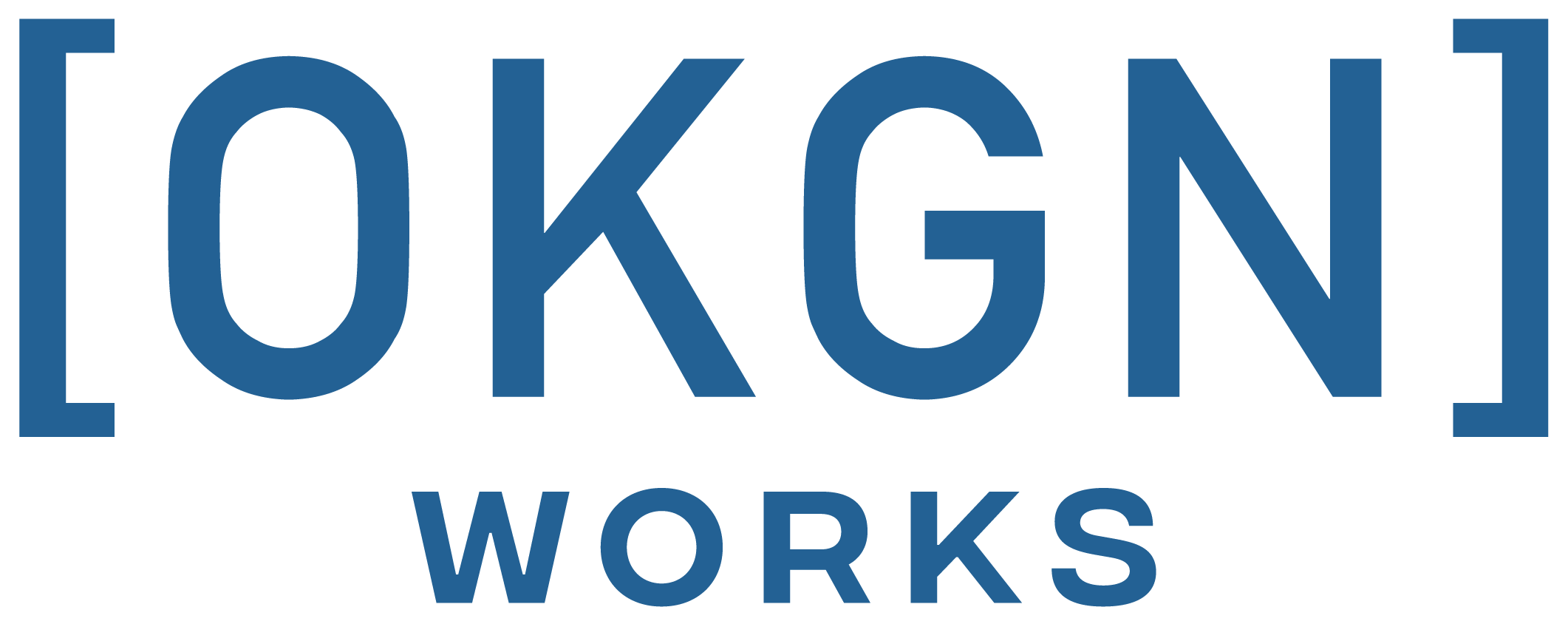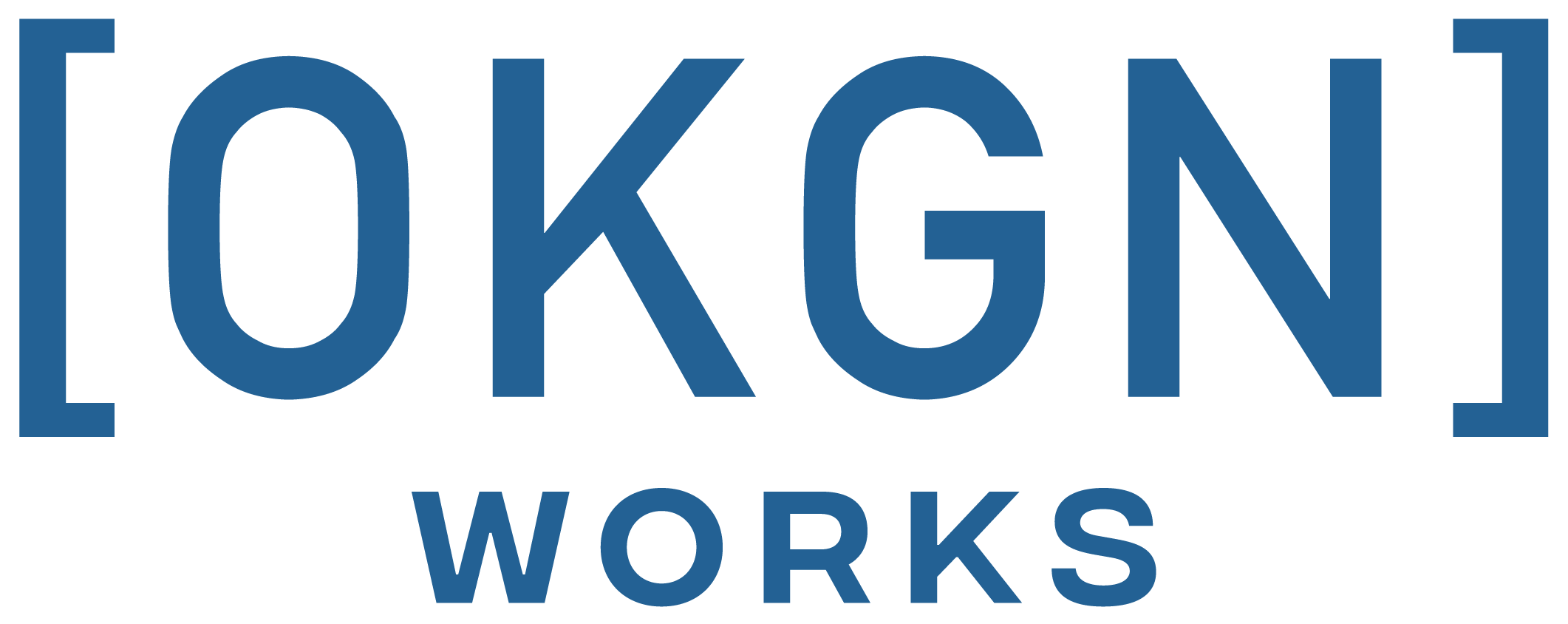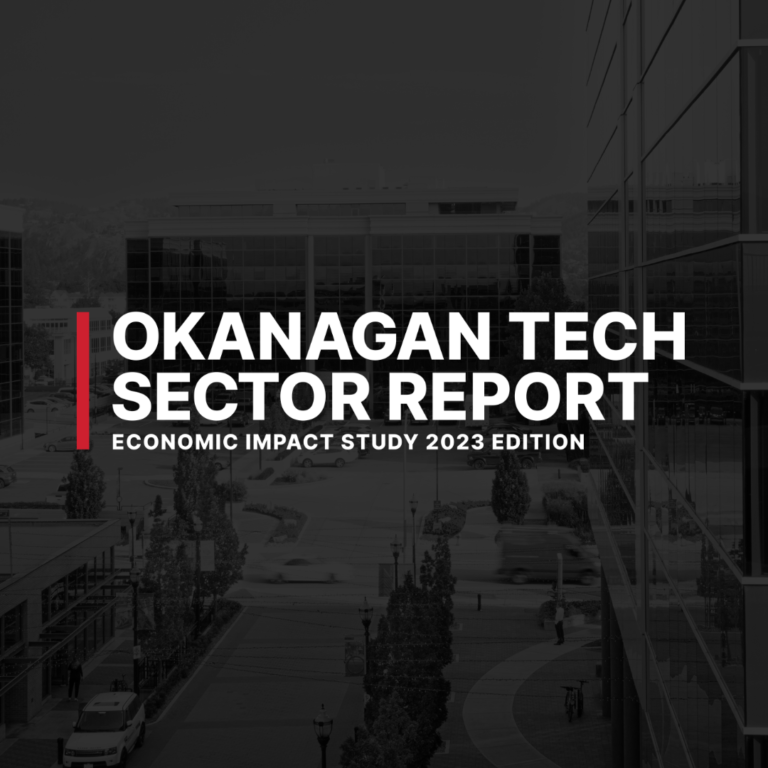One of the unique characteristics of startups is that they are continually adapting and changing as they learn about their market, customer and industry. In a show of those traits, the second year of the OKGN Angel Summit launched just as the world was learning about the novel coronavirus in China.
The 2020 OKGN Angel Summit began on January 6, 2020, and concluded on March 12, 2020. In those ten weeks, as investors were meeting entrepreneurs, learning about their businesses and deciding which companies had the most traction and potential, the world was trying to figure out the best method to face the threat of a worldwide pandemic. For most of us, March 12 was the first day it became clear that we were truly living in novel times.

At our house, we awoke to a call from Chicago, the head office of one of our investments, informing us that all employees were being sent home. The night before, the President of the United States had restricted travel to Europe and started the lockdown of all International travel. For British Columbia, it was only one day before the start of spring break for schools. Most investors and entrepreneurs involved in the Summit would spend the day figuring out the impact on their companies and investments while cancelling business travel, vacation plans and future events.
While the world shutting down is a unique event, the future of a startup, financial or otherwise, is never secure. Entrepreneurs are used to being in a roller coaster of circumstances that can change wildly from week to week, especially in the tech industry. What was atypical about this challenge was that most businesses were facing this unexpected and unknown future together. No startup was facing this alone. It might have felt like the sky was falling, but that sentiment echoed across the world.

The OKGN Angel Summit finale went ahead on the night of March 12. The final six companies pitched for the investment of $155,000.00. In the startup investment world, $155,000.00 isn’t a huge investment, but the exposure and potential for follow-on investments made the win important. On the day of the event, the organizing team from Accelerate Okanagan made sure to offer an online live stream of the event for those ticket holders who preferred to stay home. They also supplied hand sanitizer and rethought how food and drink were shared. It was a hint of what was to come—remote functions and limited interaction coupled with business-as-usual where possible.
Looking back at the six finalists now, from the view of a COVID world, it is easy to see how startups push the boundaries of how we work and live. All of the finalists in the competition were either implementing strategies or addressing pain points that would emerge as necessities when operating a business remotely. Each of the six companies is pursuing an idea that has the potential to weather the uncertainty of social distancing.

At the time of the Summit, LivNao, a mental health wellness app, used the data from a person’s phone to track and measure their well-being. The founder, Daniel Leung, lived in Silicon Valley while the company participated in the Plug n’ Play accelerator program. Their CPO resided in Toronto, their CTO lived in Pennsylvania, and their product team was in Vancouver. I was the due diligence lead for their company, and we were surprised by the choice to operate remote offices. They argued that it was more efficient. Their CPO could be close to the East coast and its customers. Product development could be where the talent was—Vancouver—and Daniel could be where the potential for business opportunities and investments were. It was a unique idea and, as angel investors, we need to be open-minded. It is interesting to contrast how unusual we thought it was for a startup to operate remotely when, only a few months later, almost every company that could work remotely, was.

Jason Richards, the founder of Minga, and the winner of the 2020 OKGN Angel Summit developed a school application to replace the disordered, eclectic and unsafe array of products that schools were currently using. Minga’s app communicates with students and families in a more secure, intuitive manner. The need for this app became more apparent with the shut down of schools and activities across the country. Contact with students would be mostly remote, and while Zoom, email and Google Docs filled in the gaps, the process was cumbersome and, at times, insecure.
Tasha Da Silva, founder and CEO of VinStream, focuses on helping companies leverage their network of customers by offering them the benefits of tracking and monetizing sales to customers purchasing products through a membership program. Post-COVID, tapping into your regular and loyal customers for mail order services and deliveries is a must for many companies.

Alyssa Farr, CEO and co-founder of TasteAdvisor, offers a technological solution that remotely determines a customer’s wine preferences using technology and matches consumers to the right wine based on personal taste preferences.
Jason Bernhardt of Levity built an online dating app that creates more of a social dating experience than what is offered by other online dating platforms. Friends and strangers match profiles to create the experience of being set up by friends, making online dating less of a solo endeavour.
Naveen Nand, CEO and founder of Walletcard, wanted to make the world of safety certifications touchless. His business imagines that everyone can have access to their record of safety courses and certifications with the touch of a button rather than the hassle of paper copies.

March 12, 2020, was likely not an easy day either for Justin Goodhew, the co-founder of last year‘s winning company, Trellis—a company whose mission was to revolutionize how charitable organizations managed and collected donations at their events. While Justin spoke at the finale with optimism and enthusiasm, the enforcement of social distancing guidelines did not bode well for their core business—given that their business focused on in-person events. A little over a month later though, Trellis logged their highest weekly transactional volume. They quickly pivoted to helping organizations fundraise through remote events, demonstrating how entrepreneurs with passionate ideas are well-positioned to overcome and succeed in challenging times.
Startups looking for angel investments are companies in their infancy. As an angel investor, your role is to find the entrepreneur, the team, or the idea that is strong enough to weather all future challenges. You will believe that a passionate person or a properly executed idea can reimagine a problem, disrupt an industry, revolutionize a process or start a category of its own.

Most entrepreneurs who launch a startup want to solve a problem and are eager to adapt to how they do it. They have a great idea to introduce something new or make something better. That passion is what fuels them. Angel investors come in because they need someone they trust can do it, so much so that they are willing to invest in them. In light of how COVID-19 has reshaped how we conduct business, the innovation and problem-solving demonstrated by entrepreneurs is all the more critical.

Want to hear more from Carollynn? Read her last blog Intel From an Angel.
Want to relive the excitement? Check out our photo album from the event.
Want more about the OKGN Angel Summit?
OKGN Angel Summit 2020 | And The Winner Is… >>






